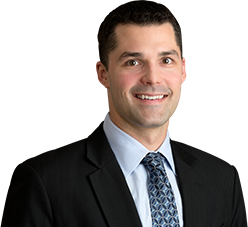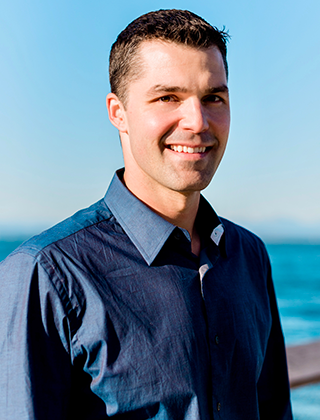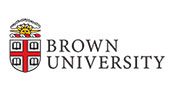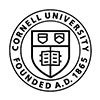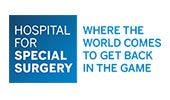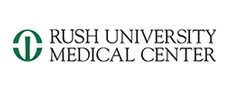Healthcare News
What to know about knee stiffness
A stiff knee is a common complaint, especially among older adults and those who are very physically active. Knee stiffness can occur due to low flexibility or muscular imbalances in the legs, injury, or arthritis. The most suitable treatment for knee stiffness depends on the underlying cause.
Tips for healing a sprained ankle fast
Sprained ankles can be very painful, and severe sprains can require months of recovery. However, a person can take several steps at home to help speed their healing and reduce the risk of re-injury.
Bioactive multifunctional hydrogel to ameliorate adverse joint microenvironment and enhance cartilage regeneration
Our prepared hydrogel showed therapeutic capabilities in ameliorating adverse joint microenvironment and enhancing cartilage regeneration.
How to Get Rid of Sore Muscles: 10 Relief Tips
It's common for your muscles to feel sore after a workout, particularly if it's a new exercise for you or a more intense session. Experts call this delayed-onset muscle soreness (DOMS), and it happens after physical activity that puts an unaccustomed load on your muscles. Whether muscle soreness is mild and barely noticeable or extremely painful, there are several ways in which to relieve discomfort and possibly recover faster.
Ankles may hold the key to new osteoarthritis therapy
The ankle’s ability to regenerate cartilage uses the same mechanisms that enable some animals to grow new limbs, and it could be harnessed to repair cartilage in knees and hips hobbled by osteoarthritis
XSTEM’s Knee Osteoarthritis Stem Cell Trial: Mid-Study Update, Safety and Positive Efficacy
Xintela has released interim data from its ongoing clinical study evaluating its stem cell product, XSTEM, in patients with knee osteoarthritis. XSTEM is an allogeneic adipose stem cell therapy, consisting of integrin α10β1-selected mesenchymal stem cells. At 18 months post-treatment, the company reports demonstrated safety and positive efficacy, including statistically significant and clinically meaningful improvements in knee pain and knee function.
8 Types of Shoulder Surgeries
Common types of shoulder surgeries include rotator cuff repair, total shoulder replacement, and arthroscopy for conditions like frozen shoulder or impingement syndrome. In general, these and other shoulder procedures help treat shoulder injuries by repairing or replacing cartilage, tendons and ligaments, muscles, and joints.
Does running ruin your knees? And how old is too old to start?
You've probably heard that running is tough on your knees - and even that it can cause long-term damage. But is this true?
Understanding the differences between mobility and flexibility
Mobility and flexibility are related but distinct. Improving flexibility and mobility may improve a person’s athletic performance and range of motion, and help to reduce the risk of injuries.
8 Tips for Healthy Bones
It’s a fact of life: As you age, your bones become thinner and lose their density. Fortunately, you can take steps early on to strengthen your bone health and prevent osteopenia (bone thinning) and osteoporosis (late-stage bone loss). Bone health starts with proper nutrition, exercise and healthy lifestyle choices.



